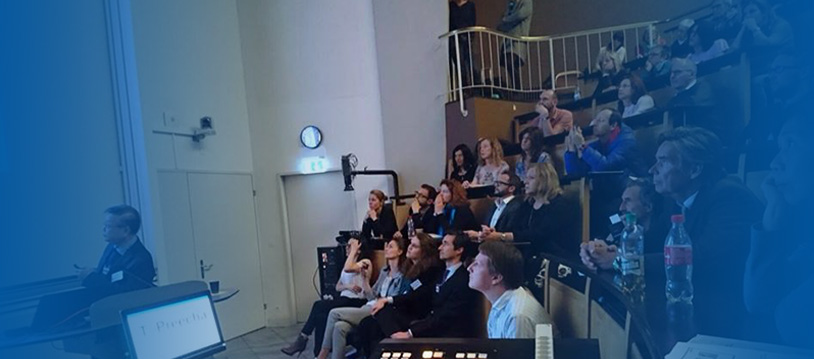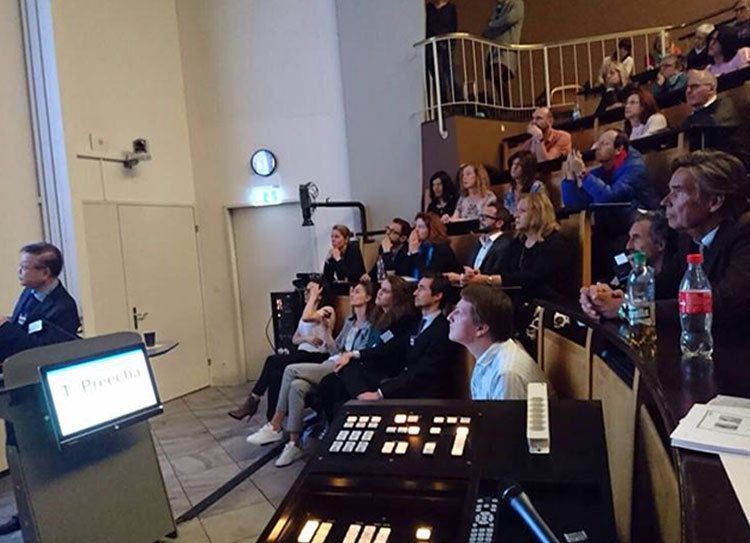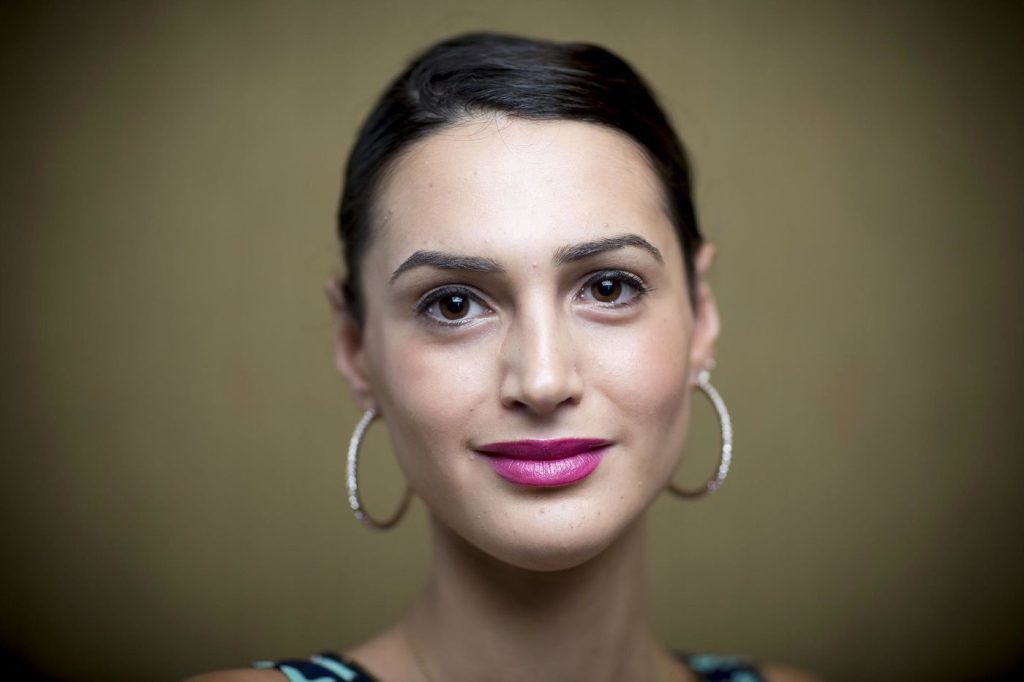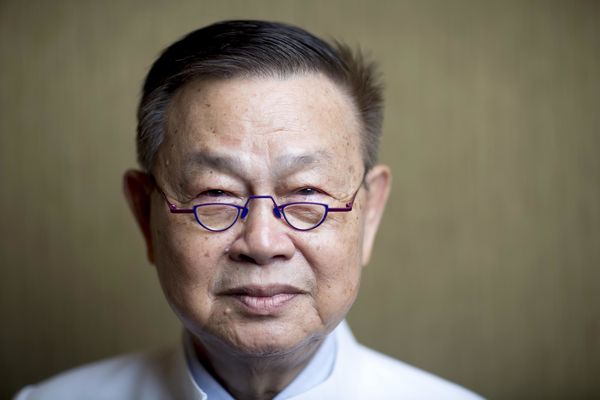NEWS & ARTICLES
NEWS & ARTICLES


Preecha Aesthetic Institute
Thailand
Beny and Yael Gangian spent more than $30,000 to help their transgender daughter Eimy complete her long-sought-for change of sexual identity. For the Israeli family, who used money saved for 18 years, borrowed from a bank and donated by family and friends, there was only one place they felt would give immediate, affordable and high-quality treatment: Thailand.

The Southeast Asian nation is at the forefront of the growing practice of transgender surgery, capitalizing on decades of know-how, low-cost health care, and a ready supply of surgeons trained to perform the male-to-female procedures.
“They have the best doctors here and I feel I can count on them,” Eimy said in an interview on the eve of her surgery in Bangkok in September. While the 18-year-old could have had the operation free in Israel, the surgeon wouldn’t have been as experienced and she probably would have had to wait years — a delay her mother Yael says Eimy couldn’t have endured. “I want to undergo the surgery, to lead my life with happiness, in truth — to become a woman, completely, without any question at all,” Eimy says.
Thailand is the most popular overseas destination for patients seeking sex-reassignment surgery, according to Josef Woodman, chief executive officer of Patients Beyond Borders, a consulting firm based in Chapel Hill, North Carolina.
“The surgery can be done for probably a third in Thailand of what it can be done for here,” says Curtis Crane, a San Francisco plastic and urological surgeon, who spent six weeks in Bangkok in 2009 learning from Preecha Tiewtranon, the pioneer of Thailand’s SRS industry. “For some people who have no insurance and who need to have the surgery, it’s the only option.”
Gender-affirming surgery, as it’s known in the transgender community, is a small but growing niche in Thailand’s medical tourism industry, which attracts more than 2 million visitors a year. Those patients generated about 140 billion baht ($4 billion) in revenue last year, an 18 percent increase on 2013.
Preecha, who performed Thailand’s first gender surgery in 1975, attributes the country’s popularity for the procedure to three things: “No. 1, it’s very cheap in Thailand,” he says. “No. 2, good result, and No. 3, good hospitality — they can have a side trip for tourism.”
Preecha and five surgical colleagues at Bangkok’s Preecha Aesthetic Institute perform two to three gender operations a week — a total of more than 3,500 over the past three decades. At least 90 percent of their clients are from outside Thailand — mostly China, the Middle East and Australia.
While there are no publicly available statistics on the number of people undergoing the surgery in Thailand, surgeons say that at least 100 Thai doctors are qualified to perform the operations. Websites show that at least 20 Thai medical centers perform them, including Bumrungrad Hospital Pcl and Bangkok Dusit Medical Services Pcl.
Packages, including medical and surgical expenses, hotel accommodation, massages and a city tour start at $9,770.
“It’s got the reputation and it’s well set up,” says James Bellringer, a urological surgeon who’s performed more than 1,000 male-to-female operations in London. “The Thais are doing a perfectly satisfactory and safe job.”
Demand for gender identity services are surging worldwide, often overwhelming government-subsidized centers. London’s Charing Cross Hospital, whose gender identity clinic opened in 1966, had 364 people on a waiting list for surgery at the end of September. Last month, it received 27 new referrals, almost three times the number of operations performed, with patients waiting an average of 72 weeks.
“There has been a massive increase,” said psychiatrist Fintan Harte, director of the gender dysphoria clinic at Melbourne’s Monash University, the only state-funded center of its type in Australia. “People are more prepared to come out of the closet, as it were.”
There are multiple reasons for that, Harte says: the Internet and more societal acceptance, and legal changes that prevent discrimination.

“A big part of it has been some of the people who are out there as role models — Caitlyn Jenner and Chaz Bono,” says Jaimie Veale, a psychology researcher at the University of British Columbia in Vancouver.
Former Olympic champion Jenner and author Bono are among an increasing number of prominent transgender professionals from business, the judiciary, sports, science, and the arts.
In May last year, Laverne Cox, who plays Sophia Burset in the Netflix television series “Orange Is the New Black,” became the first openly transgender person to appear on the cover of Time magazine. Last month, Jeffrey Tambor won an Emmy award for playing a transgender woman in the comedy series “Transparent,” and dedicated his performance to the transgender community.
The media attention is eroding prejudices and helping people to see that “maybe transgendered people aren’t all sex-mad freaks who live on the streets and take drugs,” says Katherine Cummings, who lived as John, a father of three daughters, before transitioning in 1986 at age 51.
“There has been a big change in societal acceptance,” says Cummings, 80, a librarian and information worker at the Gender Centre in Sydney.
That’s encouraging more transgender people to come forward for surgery, says Sam Winter, head of the sexology team at Curtin University in Perth, Western Australia. Still, he says, not all patients having their genitalia changed necessarily want the operation.
In all but a half-dozen countries worldwide, the sterilizing surgery, which risks causing permanent disfigurement, is a prerequisite for a change of gender to be recorded on birth certificates and other official documents.
“A lot of trans people don’t find it medically necessary to get surgery — it becomes a social necessity,” Winter says. “In that sense, it can be argued to be cruel, inhuman and degrading treatment.”
For Israeli teenager Eimy, the 3 1/2-hour procedure she had at the Piyavate Hospital in central Bangkok was the final step in becoming a woman.
“I want to get it over with and go home as soon as possible,” says Eimy, who prefers to go by “Amy — like Amy Winehouse.”
“It wasn’t simple to come here,” she says. “It’s a big deal.”
For two years, Eimy was depressed, refused to go to school and wouldn’t leave the house, her mother, Yael, says. The family moved from Tel Aviv to a small town 20 miles away to make it easier for Eimy to transition at age 16 and make new friends.
Now a slender young woman, brimming with confidence, Eimy works part-time in a hospital and wants to pursue a career as a classical singer.
“If she’s happy, I am happy,” Yael says.
Eimy’s father, Beny, who sells and repairs carpets, says the $33,000 cost of the trip is a small price to pay for the happiness and wellbeing of a child who’s already faced many challenges and especially needs her family’s love and support.
“I got here with my family’s help,” Eimy says. “All my friends supported me. There are always some who aren’t interested in supporting people like us — like me — who make the transition. The world needs to be open and to understand our situation.”